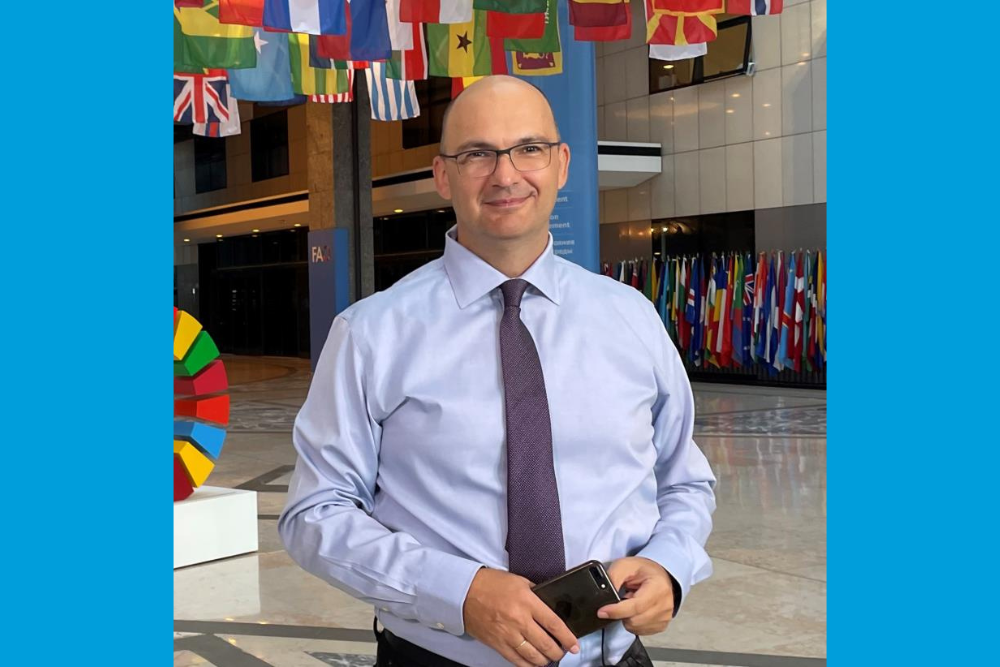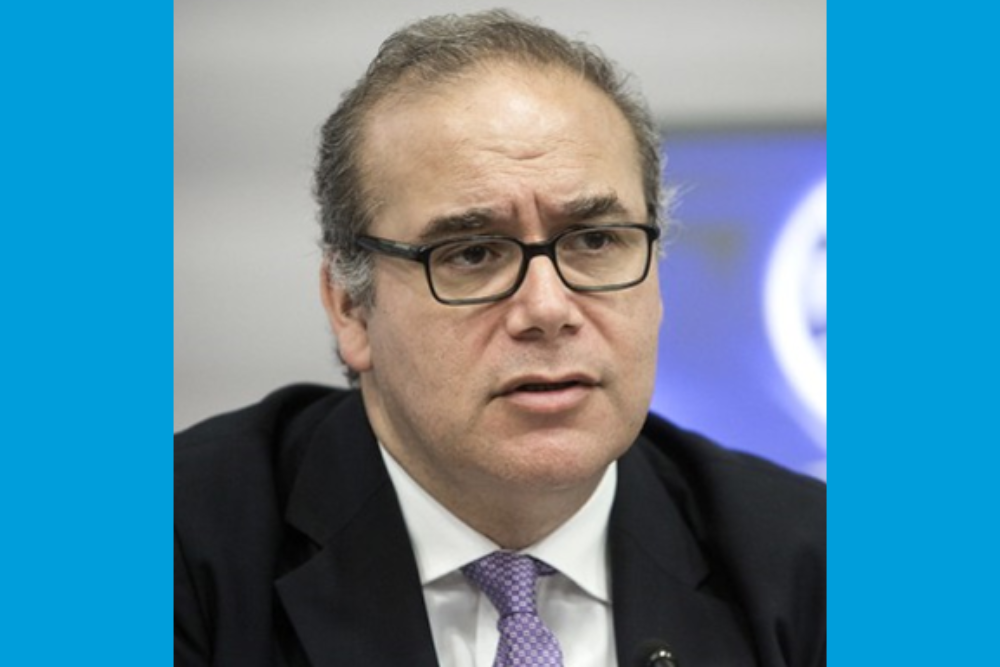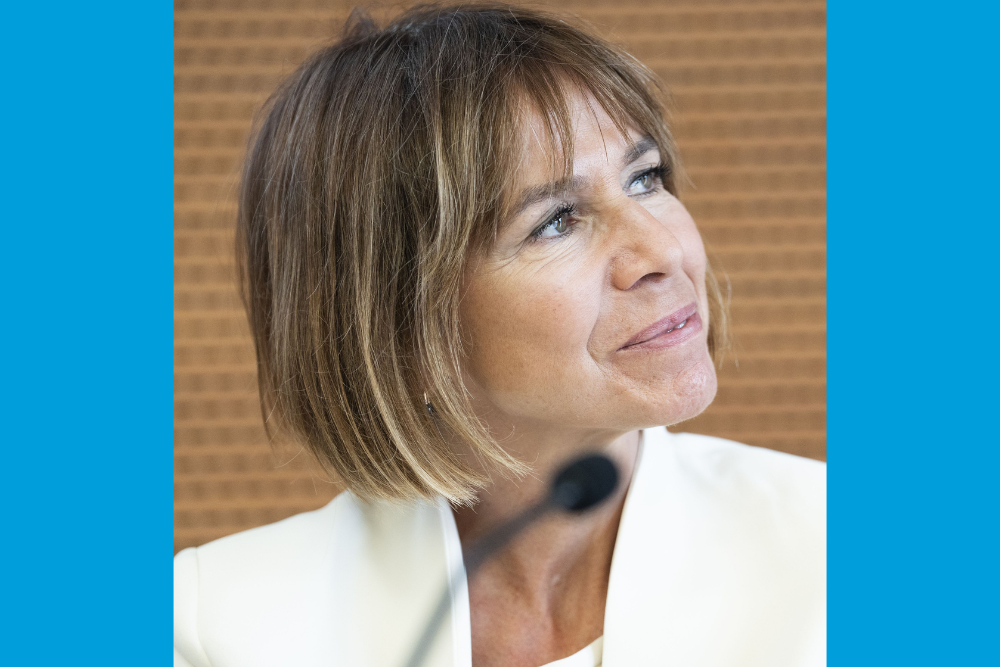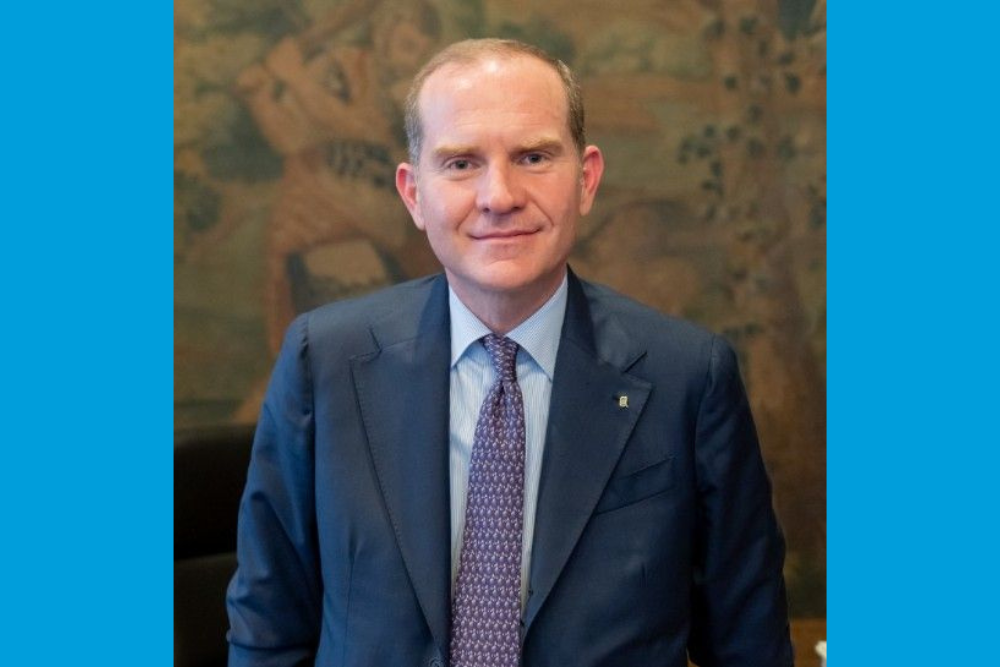
Digitalization for Resilient Food Systems
Tuesday, 25th July, 14:30-15:30
Agriculture underpins the livelihoods of over 2.5 billion people as a key driver of development worldwide. Building on the momentum of the Innovation and Technology Lever, and the resulting Global Coalition for Data and Digital Food Systems Innovation, co-led by FAO, World Bank, CGIAR and World Economic Forum (WEF), we must harness the power of Digital towards assisting immediate global needs, also towards building a better future for resilient agrifood systems to benefit ‘People, Planet and Prosperity’, leaving no one behind. FAO ‘Digitalization for Resilient Agrifood Systems’ shows how, despite new challenges, but with new solutions to bring, digitalization is a critical component for accelerating the implementation of the 2030 Agenda.
Providing global resilient agrifood systems enabled by technology is hampered by the digital divide, which requires significant public investments, improved regulations, coherent policy and incentive frameworks. Availability, affordability, access to technologies, and building digital literacy, are challenges to be urgently addressed as well as lack of Data for rural communities and policymakers. New issues related to the safe and ethical of digital technologies, ex: AI, need to be taken into consideration to ensure ‘an open, free and secure digital future for all’ – as outlined by the Global Digital Compact- to impact agrifood systems.
Agrifood systems face a triple challenge: providing food security for a growing global population; supporting livelihoods for those working along the food supply chain; and contributing to environmental sustainability. Digitalization can help making progress in these domains, assessing/strengthening the capacity of agri-food systems to absorb shocks, a key aspect of resilience- further defined by participants. Following the audience's feedback, from the social media wall, questions would evolve around key digital contributions towards resilience, explaining the ‘why’/ ‘how’ (AI/EO for early warning; big data; digital public goods).
Digitalization plays a pivotal role in enhancing action at the national/regional/global level. Through coherent action and enabling mechanisms for strengthening digital capabilities, the event highlights the need for a coherent multi stakeholder approach and in support of evidence-based decision and policy formulation for resilient Agrifood systems. It shows how real-time information sharing enables effective coordination, enhancing digital collaboration and knowledge exchange. It supports digitalization's overarching efforts in accelerating agrifood system transformation while facilitating regional/global cooperation for shared objectives.
This session showcases the importance of scalable, innovative, inclusive multilateral digital initiatives for resilient agrifood systems, fostered by a network of committed public, private and non-profit organizations. Gathering representatives from the government, private sector, international organizations, it explores ways to put a shared vision into practice for effective action over time: ensuring that digital technologies, including emerging technologies, leverage priority areas like climate, biodiversity, food security, early warning with development outcomes that foster global development through digital inclusion.
Following upon the release of Our Common Agenda by the UNSG in 2021, building on the progresses made since last FSS, 2023 is a crucial year for stakeholders engaged in the food and agriculture sector to align targeted actions in a common sustainable ecosystem for digital related initiatives to foster resilient agrifood systems and enable mutual benefits. Paving the way towards the SDGs Summit and the Summit of the Future, the session highlights the key role of Digital Cooperation for SDGs achievement and overcome fragmentation, bringing together natural/social sciences with data/technology to drive agrifood systems transformation.
Speakers

Mr. Dejan Jakovljevic
CIO and Director of Digitalization and Informatics Division, FAO

Mr. Máximo Torero Cullen
Chief Economist at FAO

H.E. Mr. Franklin Mithika Linturi
Cabinet Secretary of the Ministry of Agriculture and Livestock Development, Kenya

Ms. Tania Strauss
Head of Food and Water, World Economic Forum

Ms. Alessandra Zampieri
Director of the Directorate for Sustainable resources, EU Joint Research Centre

Mr. Martien Van Nieuwkoop
Global Director, Agriculture and Food Global Practice, World Bank

Mr. Massimiliano Giansanti
President of Confagricoltura
Interventions from the floor
- Representative from Digital Green
